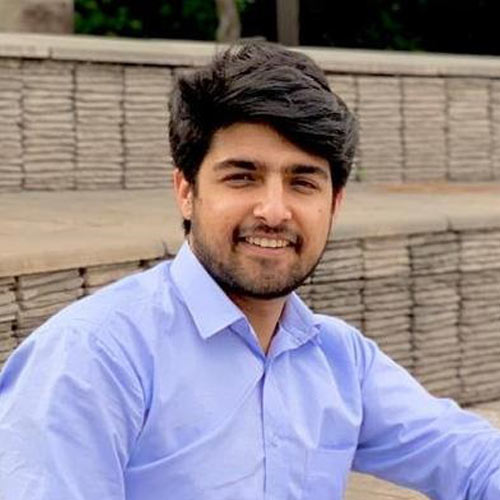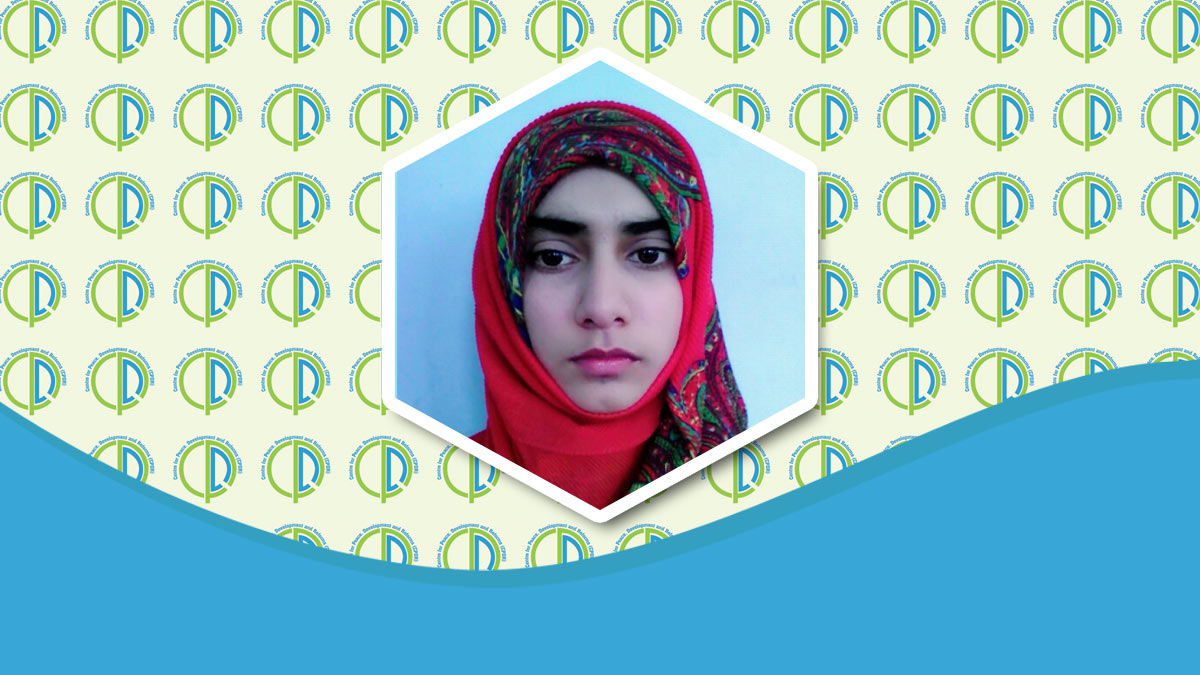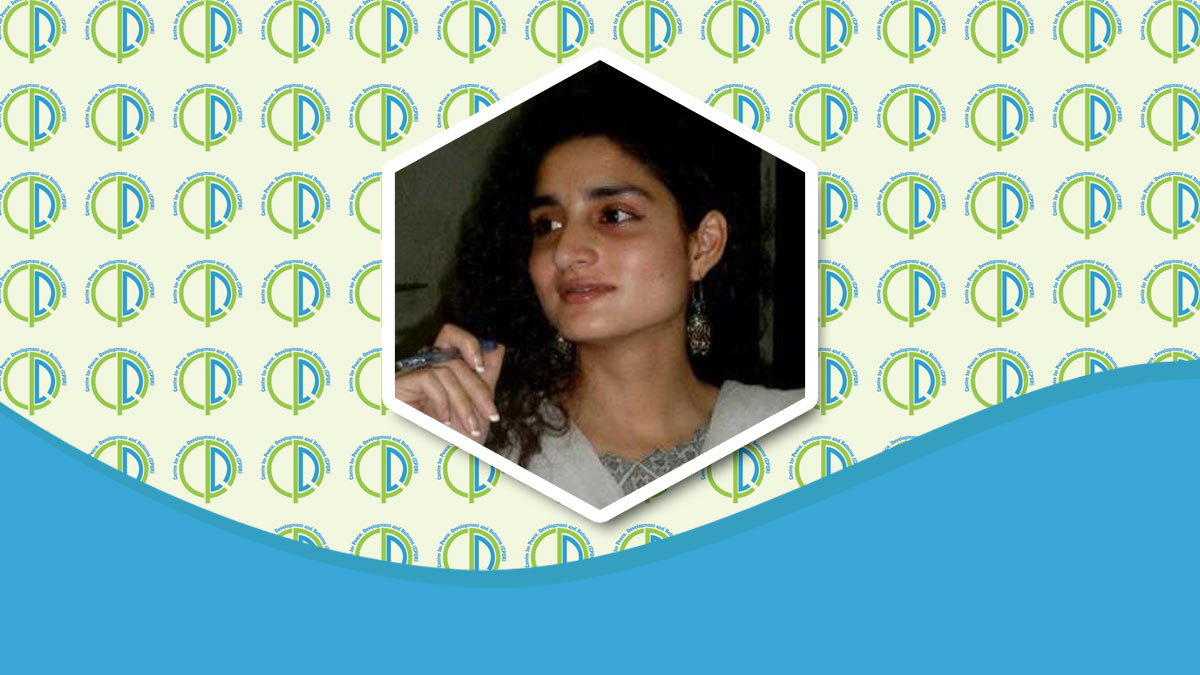- September 5, 2020
- @admin
- 0
- 05th September 2020
- Irtaza Muhammad
Not a single day goes by without exchange of fire along the Line of Control (LoC) separating Pakistan-administered Jammu and Kashmir (PaJK) from the Indian-administrated portion (J-K). Tens of thousands of people reside along either side of this line. The ceasefire violations have not only left many of them handicapped but have resulted in the loss of life and property.
The 742 km long LoC stretches from the base of Siachen glacier in the north to the Punjab border in the east and was declared the ceasefire line in 2003 but because of its geographical importance, border skirmishes are the order of the day, and peace has prevailed only in rare intervals.

There has been an unprecedented surge in ceasefire violations after the militant attack on an Indian Army based in Uri in J-K and the subsequent Indian Army strikes on alleged militant camps inside PaJK. Both countries have already fought three wars in an attempt to wrest control of the Himalayan region since 1947.
Recently, on 6 July, the State Disaster Management Authority (SDMA) in PaJK released a report on damages incurred to civilians and their properties in the year 2020. In a span of merely less than a year, thirteen people lost their lives while at least 117 were critically injured. Twenty-five civilian properties were fully destroyed while 227 were partially damaged. Moreover, the damage due to the shelling during ceasefire violations is not inflicted only upon humans but animals as well. According to the SDMA report, about eighty-seven cattle have perished in PaJK in the first half of this year.
A considerable number of border residents have migrated from the regions along the LoC, leaving their houses and lands behind to other cities in PaJK and Pakistan, in a bid to save their lives. However, thousands still live in the range of shelling, always frightened that a mortar bomb can wreck their homes or kill their loved ones. A friend, Mohsin Chaudhry, a civil engineer by profession, shared his emotional story to me about how he and his family had to move out from their home in Samahni village along the LoC, about 180 kilometers from Islamabad in search of peace and safety.
During our bachelor studies at the University of Engineering and Technology in Taxila, we would often witness Mr. Chaudhry worried about the wellbeing of his family as shelling was a routine course in the region he belonged to. He was not able to connect with his family and friends back home. He often used to cry and share the pain of his personal sufferings with us but our mutual friends from the Punjab and Sindh provinces could never comprehend the problems Mr. Chaudhry experienced living in his village.
The first thing Mr. Chaudhry did after securing a job was to relocate his family, away from the dangerous LoC region to Mirpur, abandoning their ancestral home that resulted in separation from their relatives and the financial burden of paying rent for a house as he is the sole bread earner of his family.
Muhammad Afzal, a resident of Neelum Valley is another victim of the LoC skirmishes. He recalled the day when his father was killed by a mortar fired from the Indian side. Mr. Afzal, along with his three brothers and three sisters grew up facing massive hardships as orphans, having their mother only for supporting them. The sudden death of his father had left grief on his heart which will never fade away.
Neelum Valley is a district of PaJK, known for its scenic beauty, waterfalls, and lush green mountains that attract a significant number of tourists. Thousands of people are linked with the tourism sector in the district. The industry saw a boost between 2014 and 2018 but soon after the Pulwama suicide attack in J-K February 2019, the influx of tourists came to a halt due to further intensified shelling along the LoC.
Families associated with the tourism sector have suffered severely due to shelling. According to the data released by the SDMA, 117 buildings including hotels and rest houses were destroyed partially and 18 fully by shelling only in the Neelum Valley district. Residents of the district continue to live under the shadow of guns as the provision of bunkers for the residents of LoC remains a dream yet to be fulfilled.
After the COVID-19 outbreak engulfed the world, the global focus shifted from warfare to medical care and it was expected that the LoC would be denied the blood of innocents for some time, but this hope smashed to smithereens as unprovoked shelling did not stop.
The local skirmishes along the Line of control recently took a new shape when the Indian army used long-range artillery guns, Bofors on 11 and 12 April, according to media reports, deploying the guns in the middle of a village named Panzgam in J-K’s Kupwara District. Residents of the village reportedly protested against the Indian Army for placing the Bofor guns in residential areas.
The families living across the LoC have never been considerably compensated for the damages incurred to their properties and more importantly, the loss of lives. But a recent decision made by the government in PaJK for financial assistance of the victims has been welcomed by the conflict-stricken community. The region’s cabinet has also approved the monthly “Guzara allowance” for the family of martyrs in the unprovoked Indian firing along the LoC on 11 March 2020.
Under the “AJK Ceasefire line Incidents Relief (Amendment) Act, 1992”, each member of the affected families will get 2000 Pakistani Rupees every month. The affected families have also been included in the “Ehsas Programme” of the Government of Pakistan. The valiant people residing near the LoC are utterly frightened and uncertain about their future. While the peace in the region is contingent upon the ultimate resolution of the Kashmir issue, the presence of a strong political will on both sides and inclusive dialogue is the only way forward to ease the sufferings of the Kashmiri people.

Irtaza Muhammad
The writer is a freelance contributor, associated with the Centre for Peace, Development and Reforms (CPDR).
He can be reached at irtizamuhammad23@gmail.com

















